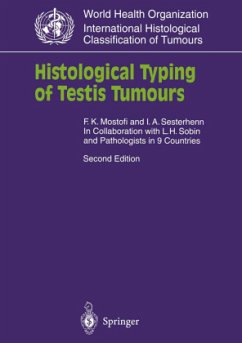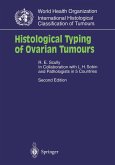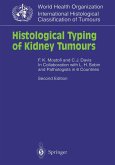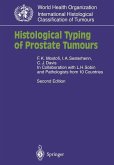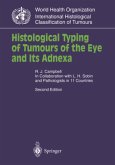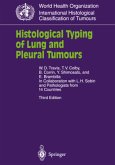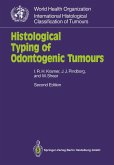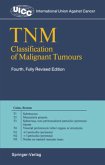This classification is based primarily on the presence of morpho logically identifiable cell types and growth patterns that can be correlated with the clinical behaviour of the tumour and, in some cases, with tumour markers in the serum. Although some of the histological terms and definitions have histogenetic impli cations, this classification is not meant to be histogenetic. The terminology adopted for individual tumours is based on their general acceptance and world-wide usage. Synonyms are includ ed only if they have been widely used in the literature or if they are considered helpful in understanding the lesions. Controver sial histogenetic terms have been avoided whenever possible. The term tumour is used synonymously with neoplasm. The term tumour-like is applied to non-neoplastic lesions which clin ically or morphologically resemble neoplasms; they are included in this classification because of their importance in differential diagnosis. Because of the many similarities between testis tumours and those of the ovary, an attempt has been made to follow the WHO histological typing of ovarian tumours. Histological Classification of Testis Tumours 1 Germ Cell Tumours 1.1 Precursor lesions - intra tubular malignant germ cells 1.2 Tumours of one histological type (pure forms) 1 1.2.1 Seminoma .............................. 906113 1.2.1.1 Variant - Seminoma with syncytiotrophob- stic cells 1.2.2 Spermatocytic seminoma .................. 9063/3 1.2.2.1 Variant - Spermatocytic seminoma with sarcoma 1.2.3 Embryonal carcinoma .................... . 9070/3 1.2.4 Yolk sac tumour ........................ . 907113 Polyembryoma .......................... .
Hinweis: Dieser Artikel kann nur an eine deutsche Lieferadresse ausgeliefert werden.
Hinweis: Dieser Artikel kann nur an eine deutsche Lieferadresse ausgeliefert werden.

